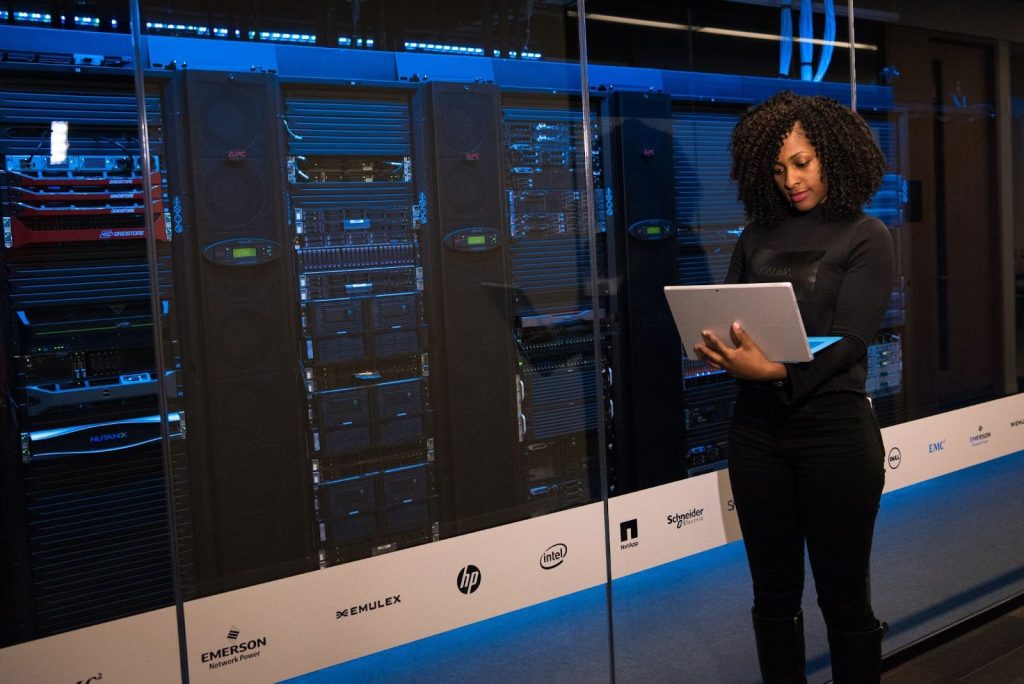In an era where technological advancements have become synonymous with progress, access control systems have emerged as the vanguard of redefining security beyond traditional boundaries. These sophisticated systems are revolutionizing the way we safeguard our physical and digital spaces, offering a comprehensive and dynamic approach to access management. Gone are the days of relying solely on mechanical locks and keys; the contemporary security landscape demands a more nuanced and responsive solution. Access control systems leverage cutting-edge technologies such as biometrics, smart cards, and advanced authentication protocols to regulate entry and monitor activities within a designated space. Biometric authentication, for instance, goes beyond the limitations of traditional methods by using unique biological characteristics like fingerprints, retinal scans, or facial recognition to grant access. This not only enhances security but also eliminates the vulnerabilities associated with misplaced or stolen keys. The result is a robust and personalized security infrastructure that adapts to the dynamic needs of modern environments.
Furthermore, the integration of access control systems with cloud-based platforms has ushered in a new era of flexibility and remote management. Security administrators can now monitor and control access to facilities from virtually anywhere, providing real-time insights and responses. This not only streamlines security operations but also facilitates a more efficient and proactive approach to potential threats. The ability to remotely revoke or modify access privileges ensures that security remains adaptive and responsive to evolving circumstances. Beyond physical spaces, san antonio access control system company play a pivotal role in fortifying digital perimeters. With the increasing prevalence of cyber threats, securing sensitive information is paramount. Multi-factor authentication and role-based access control are integral components of these systems, adding layers of defense against unauthorized digital access. By implementing granular access permissions, organizations can mitigate the risks associated with data breaches and unauthorized system access, safeguarding confidential information with unprecedented precision.
Access control systems are also instrumental in enhancing operational efficiency. Traditional lock-and-key methods often entail time-consuming processes, especially in large organizations. Access cards or biometric authentication, on the other hand, expedite entry procedures, reducing waiting times and enhancing overall workflow. Moreover, the comprehensive audit trails generated by these systems provide valuable insights into the movements and activities of individuals within a secured area. This not only aids in post-incident investigations but also serves as a proactive tool for identifying patterns and potential security gaps. As society continues to evolve, so too must our approach to security. Access control systems represent a paradigm shift in how we perceive and implement security measures. Their ability to seamlessly blend cutting-edge technology with user-friendly interfaces, remote management capabilities, and enhanced adaptability positions them as the linchpin in the modern security framework. Beyond mere gatekeepers, these systems are the guardians of our interconnected physical and digital domains, ensuring that security extends beyond boundaries and adapts to the ever-changing landscape of threats and challenges.
